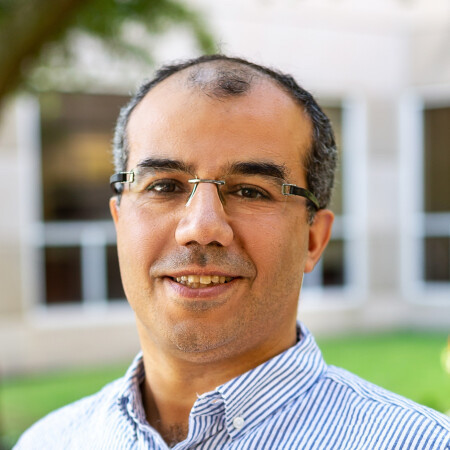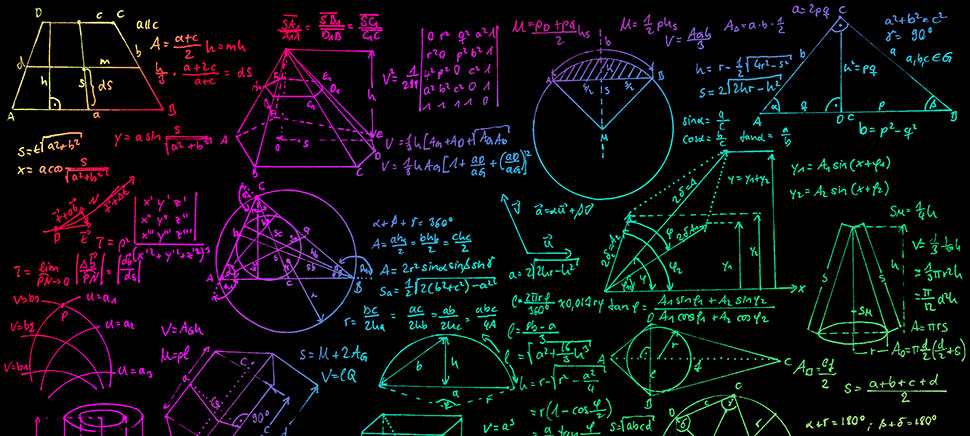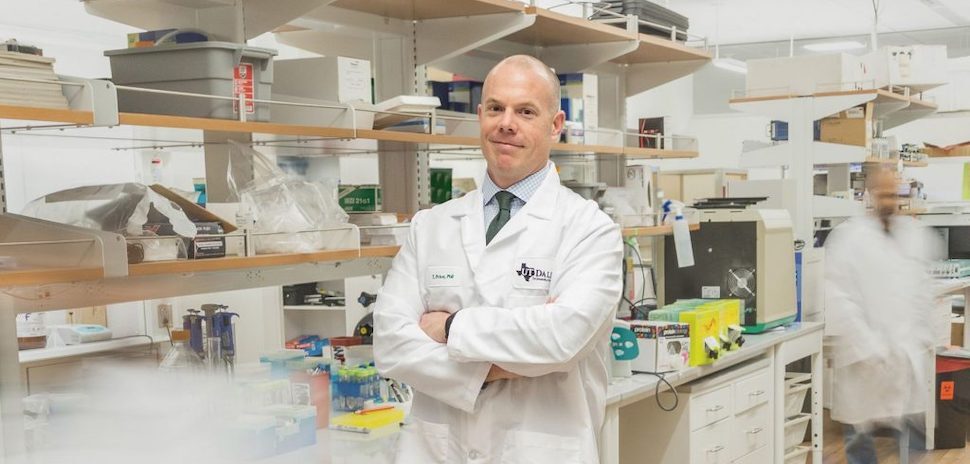Numbers don’t lie—and they may just add up to new, faster breakthroughs in drug discoveries.
Researchers at UT Dallas and Novartis Pharmaceuticals have created a computer-based platform for drug discovery that could make the process more effective, more efficient and less costly, UTD says.

Dr. Baris Coskunuzer
Dr. Baris Coskunuzer, professor of mathematical sciences at UT Dallas, led a team that developed an approach using ontopological data analysis to screen thousands of possible drug candidates “virtually.” The effort narrowed the compound candidates “considerably,” turning up those that are most fit for laboratory and clinical testing.
“The drug-discovery process can take 10 to 15 years and cost a billion dollars,” Coskunuzer said in a statement. “Drug companies want a more cost-effective way to do this. They want to find the most promising compounds at the beginning of the process so they’re not wasting time testing dead ends.”
“We’ve provided a completely new method of virtual screening that is computationally efficient and ranks compounds based on how likely they are to work,” he added.
The team will present its findings at the 36th Conference on Neural Information Processing Systems, which is being held through December 9 in New Orleans.
Screening 100,000 compounds in a couple of days
Virtual screening of libraries of chemical compounds isn’t a new breakthrough in itself. But Coskunuzer said his group’s approach “significantly outperforms other state-of-the-art methods on large data sets.”
“The advantage of our algorithm is that it could screen about 100,000 compounds in a couple of days, which is much faster than other methods,” Coskunuzer said.
Other UT Dallas researchers working on the project include Dr. Yulia Gel, professor of mathematical sciences in the School of Natural Sciences and Mathematics, and Dr. Ignacio Segovia-Dominguez, a postdoctoral research associate in computer science in the Erik Jonsson School of Engineering and Computer Science.
The Novartis team includes Dr. Andac Demir, a data scientist in its AI Innovation Lab, and Dr. Bulent Kiziltan, executive director of the lab. Dr. Yuzhou Chen, assistant professor of computer and information sciences at Temple University, also contributed.
The UTD researchers are supported by grants from the National Science Foundation, the Simons Foundation and the Office of Naval Research.
![]()
Get on the list.
Dallas Innovates, every day.
Sign up to keep your eye on what’s new and next in Dallas-Fort Worth, every day.




























